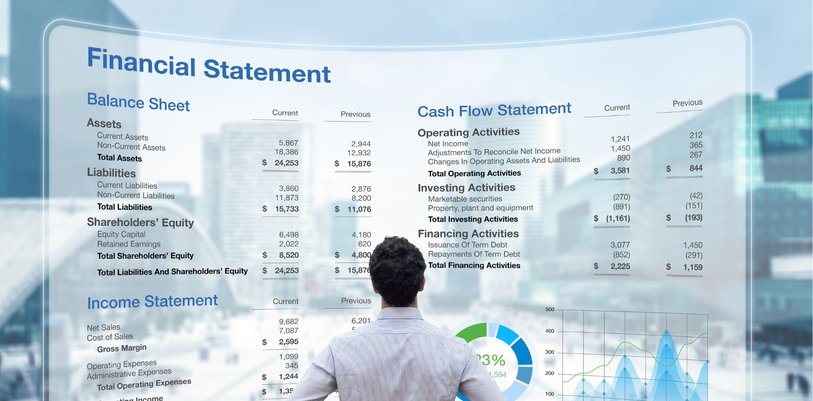The Company has established an independent audit department directly reports to the Board of Directors and Audit Committee.


The Company has established an independent audit department directly reports to the Board of Directors and Audit Committee.


Under the Board of Directors of WITS, there is an Audit Committee, comprising solely of Independent Directors. An independent audit department directly reports to the Board of Directors/Audit Committee. In addition to regular reporting to the Audit Committee, the Internal Audit Officer is required to attend Board meetings for reporting and, when necessary, report directly to the Chairman and the Audit Committee. The appointment and dismissal of the company's Internal Audit Officer are subject to the approval of the Audit Committee and are then presented to the Board of Directors for approval. According to Article 3 of the Corporate Governance Principles, the appointment, evaluation, and salary compensation of internal audit personnel are to be proposed by the Internal Audit Officer and approved by the Chairman.
The Internal Audit Implementation Rules clearly define that the internal audit unit should review whether the design of the Internal Control System is appropriate and whether general operations are effective, and report accordingly. The audit scope should cover all operations of the company and its subsidiaries.
WITS’ internal audit philosophy prioritizes promoting benefits over preventing fraud and selects experienced and outstanding personnel for audit tasks. Through risk assessment, system review, and on-site verification, the audit helps units detect areas for improvement in their processes and secure their cooperation for self-improvement, aiming to comprehensively enhance overall operational performance and create greater benefits for shareholders and stakeholders.
At the end of each year, the audit department conducts a risk assessment based on current business environmental changes, regional characteristics of each subsidiary, future business policies of the company, and previous audit results. This assessment forms the basis for planning the audit focus for the next year. The annual audit plan is drafted and submitted to the Audit Committee for review and approval by the Board of Directors before implementation.
Monthly audit results are reported to the Audit Committee in writing before the end of the following month, with further communication via email or phone if there are queries. Before each quarterly Board meeting, certified public accountants are invited to the Audit Committee for bilateral communication with Independent Directors and the Internal Audit Officer. Relevant managers may also be invited to attend and explain if needed. Following these meetings, the Internal Audit Officer compiles conclusions and recommendations to report to the Board of Directors and follows the Board's directives for implementation.
Each unit and subsidiary of the Company conducts a self-assessment of internal controls at least once a year. The audit office reviews these self-assessment reports from each unit and subsidiary, serving as a primary basis for the Chairman and the General Manager to evaluate the effectiveness of the overall Internal Control System and to issue a Statement on Internal Control.
Considering the legal requirements of the government where the Company's subsidiaries are located and their actual operational nature, each subsidiary is urged to establish necessary supervision and control procedures as needed. Subsidiaries are included in the internal audit scope, and audit tasks are conducted based on the results of risk assessments. Concerning deficiencies and irregularities in internal controls identified by the audit unit, full communication is established with the audited unit, and they are asked to propose concrete and effective improvement measures. The audit will follow up until improvements are made.